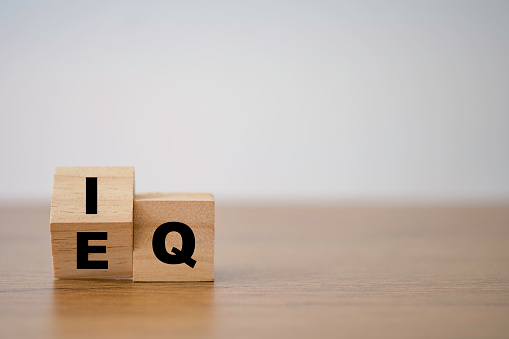A cognitive assessment can benefit anyone, not just people who have a cognitive impairment. Cognitive assessments are a useful way of understanding a person’s strengths and weaknesses, but only if they evaluate a broad range of cognitive abilities. Too often a cognitive assessment focuses on only the standard tests that were traditionally known as the IQ test.
 IQ in fact refers to ‘Intelligence Quotient’ and no one wants their thinking processes to be reduced to one number. Besides, the standard IQ test only tests a limited number of abilities and doesn’t tell us about other very important aspects, like emotional intelligence, motivation, concentration and creativity. The IQ test alone is not enough.
IQ in fact refers to ‘Intelligence Quotient’ and no one wants their thinking processes to be reduced to one number. Besides, the standard IQ test only tests a limited number of abilities and doesn’t tell us about other very important aspects, like emotional intelligence, motivation, concentration and creativity. The IQ test alone is not enough.
Therefore, a cognitive assessment should include the standard IQ test as well as other tests that are tailored to the goals and problems of the person seeking understanding of how they process information. A cognitive assessment should be used to identify as many areas as possible that need to be supported so that a person can flourish.

Psychologists are sometimes asked to do IQ tests for kids because teachers have noticed problems. Often, parents are the ones who know that their kids are not achieving as they deserve but teachers are telling them everything is okay. The love of learning is one of the joys of being alive. Given that children spend most of their childhoods in school, we want to make the most of their opportunity to learn in school and we want them to be confident and happy.
So, when considering a cognitive assessment for yourself, your child or someone under your care, discuss with the psychologist what you would like the assessment to achieve and provide as much information as possible on history, achievements and problems.
A cognitive assessment can be a great way of understanding how a person processes information and what else can be done to help them flourish. But only if it is done carefully and thoughtfully!


